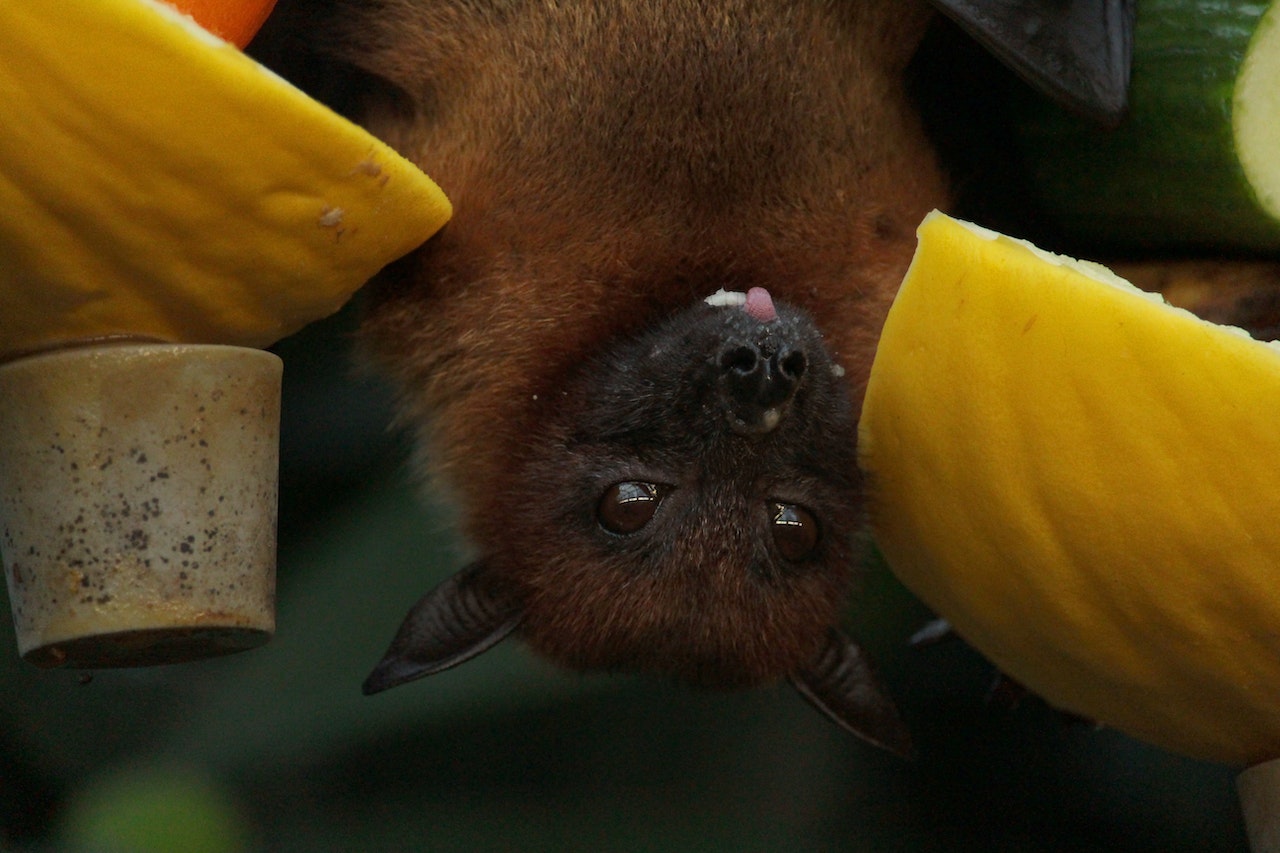
The Amazon rainforest is home to a rich biodiversity of plants and animals, including thousands of bats that live in caves like Planaltina, which is more than 1.5 kilometers long. Bats are known to carry many viruses that can infect humans, such as rabies, Ebola and SARS-CoV-2, the cause of COVID-19. Scientists are studying these bats to understand how and why they transmit these viruses, and how to prevent future pandemics.
However, studying bats in the Amazon is not easy. The region has many caves that are unexplored or unknown, and Brazil has the third highest number of bat species in the world. Moreover, the Amazon is facing rapid deforestation, which threatens the habitat of bats and other wildlife. Deforestation also increases the contact between humans and bats, which could lead to more spillover events of viral infections.
Brazil has suffered greatly from the COVID-19 pandemic, with more than 600,000 deaths and millions of cases. The country also witnessed the emergence of new variants of SARS-CoV-2, such as P.1, that are more transmissible and resistant to vaccines. Some experts warn that the next pandemic could emerge from Brazil’s Amazon, if the deforestation and environmental degradation continue.
Therefore, it is urgent to protect the Amazon rainforest and its biodiversity, not only for its ecological value, but also for its public health importance. By preserving the natural balance of the ecosystem, we can reduce the risk of new pandemics and safeguard our future.

